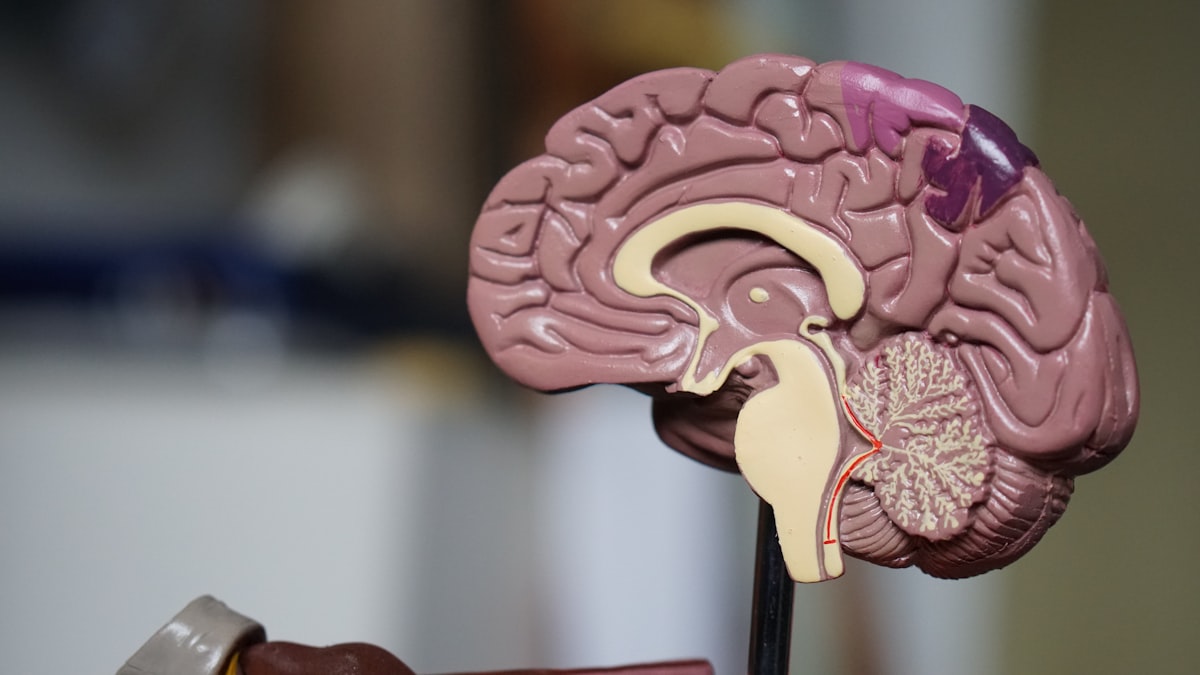At a town hall meeting in Jonesborough last Thursday, a 35-year-old Tennessee woman shared a story that has ignited widespread debate about healthcare access and religious freedom. The woman, who remains anonymous, was denied prenatal care by her physician solely because she was not married to her 15-year partner, with whom she has a 13-year-old child.
The denial of care occurred when the woman was approximately four weeks pregnant and seeking routine prenatal services. Her physician reportedly cited the 2025 Medical Ethics Defense Act as justification for refusing treatment based on their moral objections to her unmarried status.
Understanding the Medical Ethics Defense Act
The Medical Ethics Defense Act, signed into law by Republican Governor Bill Lee on April 24, 2025, represents Tennessee's entry into a growing national movement protecting healthcare providers' conscience rights. The legislation allows healthcare practitioners, institutions, and insurance companies to refuse participation in procedures, treatments, or services that violate their "sincerely held ethical, moral, or religious beliefs."
Tennessee became the 12th state to enact such comprehensive conscience protections, following states like Alabama, Arkansas, Florida, Illinois, Mississippi, Montana, New Mexico, Ohio, South Carolina, and Washington. Idaho previously enacted a similar Medical Ethics Defense Act in March.
The bill passed along party lines in the Republican-controlled legislature, with the Senate approving it 27-3 and the House by a 71-22 margin. All Republicans supported the legislation while all Democrats opposed it.
— Tennessee Medical Ethics Defense Act provisions
Supporting Voices: Protecting Religious Freedom
Supporters of the Medical Ethics Defense Act argue that healthcare providers should not be forced to compromise their deeply held beliefs to practice medicine.
Franklin Graham, president of the Billy Graham Evangelistic Association, praised the law as "a huge step in the right direction," stating that "people should not be forced to choose between their faith and their livelihood."
Rep. Bryan Terry (R-Murfreesboro), the House sponsor and a physician himself, argued the measure protects healthcare providers from "moral injury," which he believes contributes to Tennessee's physician shortage. "Patients and providers have rights. Providers should not give up their rights to best serve their patients' [rights]," Terry said.
— Greg Chafuen, Alliance Defending Freedom
Dr. Jonathan Shaw, an OB-GYN who testified in support of the bill, shared his experience of nearly being forced out of his previous practice in the Northeast for refusing to announce his pronouns to patients, a policy that conflicted with his personal beliefs. Shaw said he was drawn to Tennessee because of the state's "common-sense policies which preserve the freedom to be guided by conscience as a physician."
Opposition Concerns: Patient Access at Risk
Critics of the law argue that it creates dangerous barriers to healthcare access and enables discrimination against vulnerable populations.
Rep. Gloria Johnson (D-Knoxville) criticized the law's application in this case, stating, "This is exactly what we said would happen when this law was passed. We're denying healthcare to women based on their personal lives."
— Dr. Amy Gordon Bono, Tennessee primary care physician
Dr. Amy Gordon Bono argued the measure contradicts the Hippocratic Oath, which requires doctors to prioritize their patients' well-being. "Politicians need to stop dictating medical care, and this bill allows politicians to take their intrusive efforts even further," she said.
Rep. Sam McKenzie (D-Knoxville) expressed particular concern about emergency situations involving pregnancy complications, questioning whether doctors might use their beliefs to deny life-saving care during medical emergencies.
The story has generated significant discussion on social media platforms, particularly Reddit, where it received over 20,585 upvotes and 954 comments. Comments reflect widespread criticism of the policy, with many users expressing concern about the precedent of allowing personal beliefs to override medical care.
Broader Implications for Healthcare
This incident highlights the complex intersection of religious freedom, medical ethics, and patient access to care. Healthcare law experts note that such conscience clause legislation often creates tension between providers' religious beliefs and patients' healthcare needs.
The case also underscores the ongoing national debate over the scope of religious exemptions in healthcare settings. While supporters argue these protections are necessary to maintain a diverse healthcare workforce and protect religious liberty, opponents contend they can lead to discrimination and barriers to care.
Tennessee already faces challenges with healthcare access, particularly in rural areas, leading some to question whether policies that could further limit access are advisable. The state has seen ongoing debates over reproductive healthcare and LGBTQ+ rights, making this incident part of a broader cultural and political conversation.
The Alliance Defending Freedom reports that similar laws in other states are "rarely used and have never been challenged in court," suggesting that dramatic impacts may be limited. However, critics argue that even isolated cases of denied care represent unacceptable restrictions on healthcare access.
Sources
- Doctor Denies Pregnant Woman Care – Nashville Banner – July 20, 2025
- Tennessee Woman Denied Prenatal Care for Being Unmarried – Reddit – July 21, 2025
- Healthcare providers can deny care that conflicts with conscience under new Tennessee law – WKRN News 2 – April 29, 2025
- Tennessee Protects Conscience Rights for Medical Professionals – Decision Magazine – April 30, 2025
- House Bill 1044/Senate Bill 955 – Tennessee State Legislature – Signed April 24, 2025
- TN Governor Signs Bill Safeguarding Conscience Protections for Medical Professionals – Alliance Defending Freedom – April 25, 2025
Image Credit
Featured image: Medical stethoscope and patient forms representing healthcare access issues from Unsplash


Comments